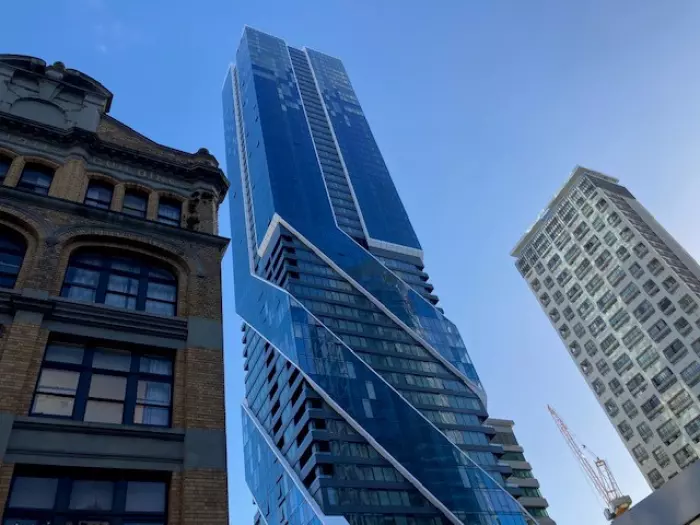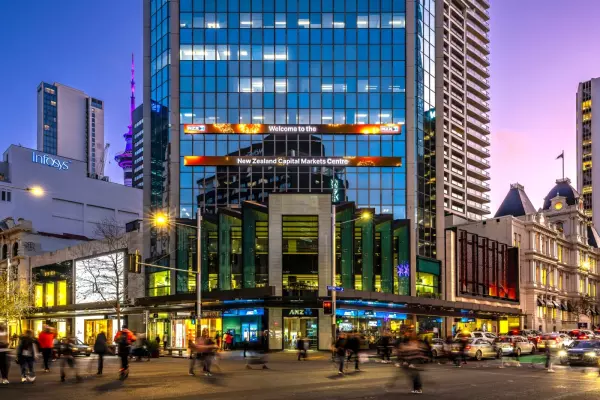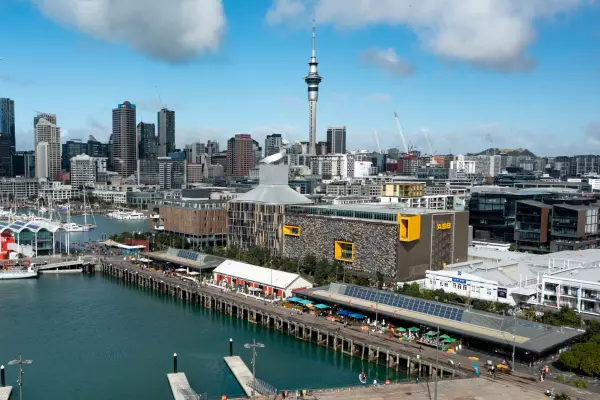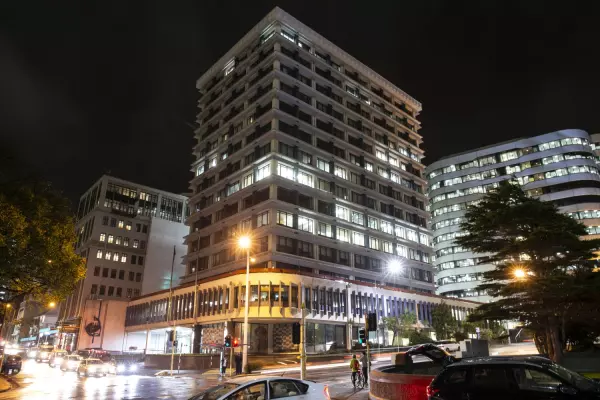The apartment market may be a cheaper first step on to the property ladder for first-home buyers or investors, but it's also the most likely to be hit by a market downturn.
The latest data from property analytics firm CoreLogic shows that about a quarter of apartment sales during the final quarter of last year sold for less than the purchase price, with a median loss of $52,750. For those that did make a profit on their apartment resale, that came in at a median of $129,500.
It's the highest level of capital losses in a decade, though the figure was closer to 50% during the global financial crisis of 2008.
CoreLogic's chief property economist, Kelvin Davidson, said while apartments were a small segment of the overall market, many were owned by investors who were potentially more willing to "rejig their portfolios" in the current low-yield and high-interest rate environment.
Davidson said data showed a material weakening of resales on the back of rising house listings, tighter mortgage credit conditions and higher interest rates. It also served as a "mindset shift" that property values could go down as well as up.
The firm's 'pain and gain' analysis for the fourth quarter of 2022 also showed that Auckland, which holds the bulk of the country's apartments, fared the worst of the main centres with 6.9% of all residential deals falling into the red.
Queenstown rock solid
Resale losses in Hamilton showed the biggest plunge, more than doubling from 2.9% to 6.1%. Tauranga's figures also rose, from 1.9% to 3.4%, while both Wellington, at 3.5%, and Christchurch, at 1.5% for the final quarter, remained broadly unchanged.
Dunedin's loss rate fell, from 3.1% to 2.4%, while the national average was at 4%, up from 3.1% quarter-on-quarter.
There were no recorded residential sales at less than the buying price in the Queenstown Lakes district where the median gain was at $411,000.
Regionally, the highest proportion of losses came in the Buller district of the South Island, at 16.7%, and the Carterton district near Wellington, at 13.3% for the quarter.
Still, even though loss-making transactions were on the rise, most resellers were banking gross profits on resale.
It saw apartment sales net $30.2 million in gains for the quarter, while house sales came in at a total of $2.3 billion, at a median gross profit of $325,000.
Quick resales lose
Of the main centres, the highest gain was in Tauranga where the median gross profit was $455,000 for sales recorded during the quarter. The lowest profit came in Christchurch at a median of $271,000. The median 'hold' period for those centres came in at 8.9 and 9.4 years respectively.
“Hold period plays a key role in the size of any resale profit, and owner-occupiers are not generally making cash windfalls. Their gains will typically be put back into their next purchase unless they downsize or move somewhere cheaper," Davidson said.
Overall, homes and apartments that were in the profitable bracket were held for a median of 8.2 years, a timeline that has been tracking up since 2005 when the hold period was as low as four years.
By contrast, for those who lost out on their sale, the median hold period was 1.6 years nationally, although the median in Auckland was 2.0 years in the loser category.
Davidson said while the numbers were still pretty solid for vendors, with unemployment expected to rise this year and borrowers facing up to the prospect of mortgage rates close to 7%, the market can expect to see more pain for the remainder of the year.














